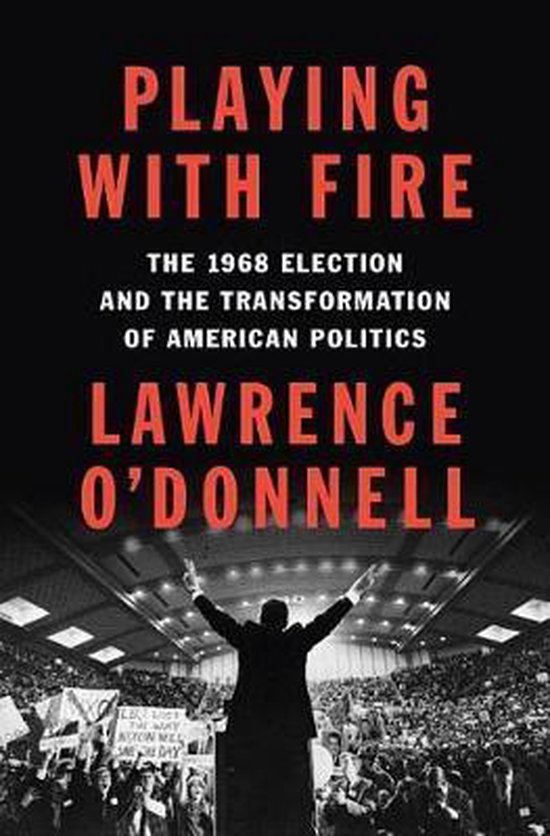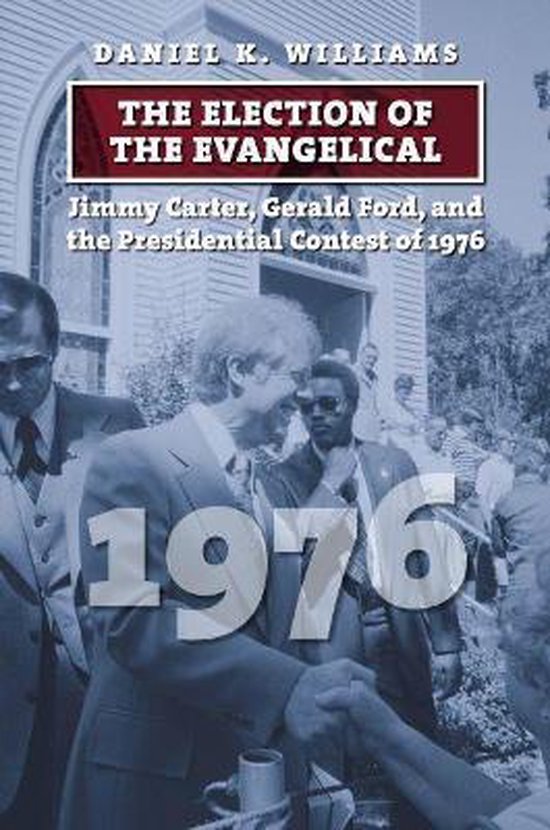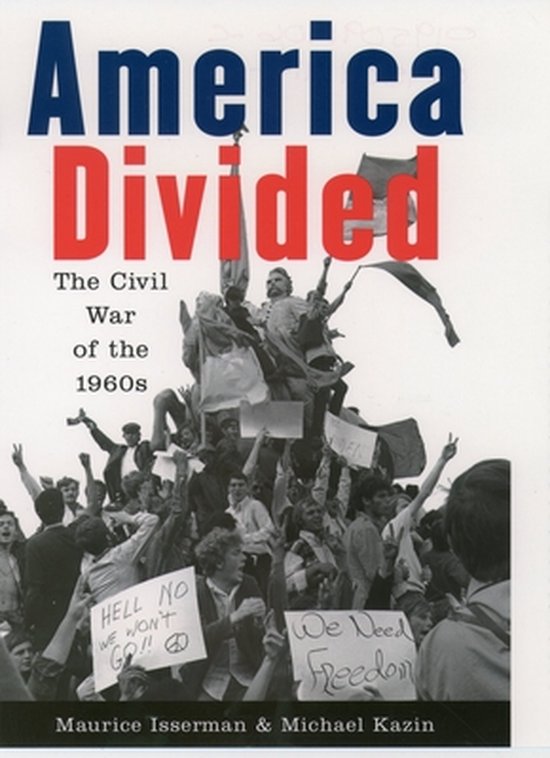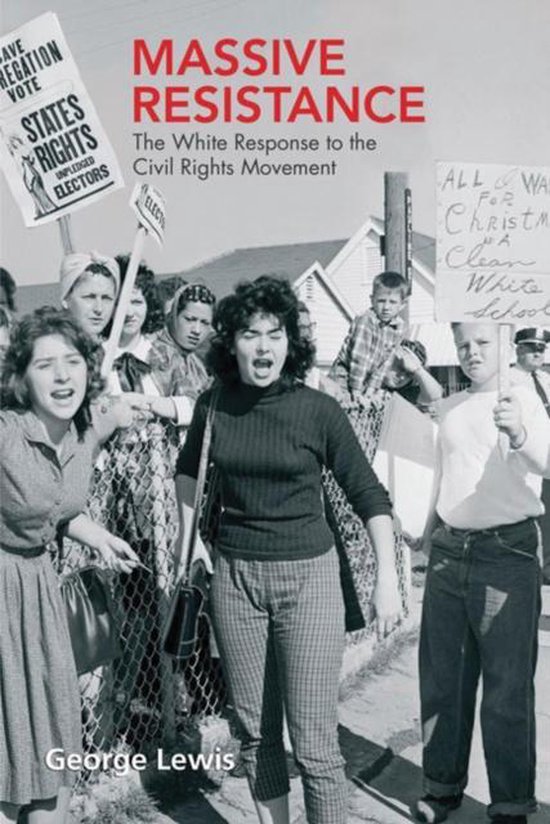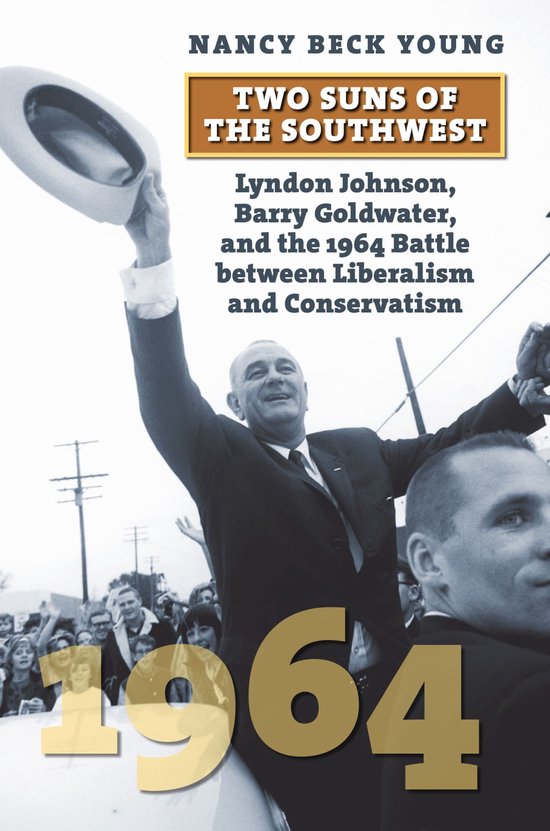
Two Suns of the Southwest
Over time the presidential election of 1964 has come to be seen as a generational shift, a defining moment in which Americans deliberated between two different visions for the future. In its juxtaposition of these divergent visions, Two Suns of the Southwest is the first full account of this critical election and its legacy for US politics.
Over time the presidential election of 1964 has come to be seen as a generational shift, a defining moment in which Americans deliberated between two distinctly different visions for the future. In its juxtaposition of these divergent visions, Two Suns of the Southwest is the first full account of this critical election and its legacy for US politics.
The 1964 election, in Nancy Beck Young's telling, was a contest between two men of the Southwest, each with a very different idea of what the Southwest was and what America should be. Barry Goldwater, the Republican senator from Arizona, came to represent a nostalgic, idealized past, a preservation of traditional order, while Lyndon B. Johnson, the Democratic incumbent from Texas, looked boldly and hopefully toward an expansive, liberal future of increased opportunity. Thus, as we see in Two Suns of the Southwest, the election was also a showdown between liberalism and conservatism, an election whose outcome would echo throughout the rest of the century. Young explores how demographics, namely the rise of the Sunbelt, factored into the framing and reception of these competing ideas. Her work situates Johnson's Sunbelt liberalism as universalist, designed to create space for all Americans; Goldwater's Sunbelt conservatism was far more restrictive, at least with regard to what the federal government should do. In this respect the election became a debate about individual rights versus legislated equality as priorities of the federal government. Young explores all the cultural and political elements and events that figured in this narrative, allowing Johnson to unite disaffected Republicans with independents and Democrats in a winning coalition.
On a final note Young connects the 1964 election to the current state of our democracy, explaining the irony whereby the winning candidate's vision has grown stale while the losing candidate's has become much more central to American politics.
Over time the presidential election of 1964 has come to be seen as a generational shift, a defining moment in which Americans deliberated between two distinctly different visions for the future. In its juxtaposition of these divergent visions, Two Suns of the Southwest is the first full account of this critical election and its legacy for US politics.
The 1964 election, in Nancy Beck Young's telling, was a contest between two men of the Southwest, each with a very different idea of what the Southwest was and what America should be. Barry Goldwater, the Republican senator from Arizona, came to represent a nostalgic, idealized past, a preservation of traditional order, while Lyndon B. Johnson, the Democratic incumbent from Texas, looked boldly and hopefully toward an expansive, liberal future of increased opportunity. Thus, as we see in Two Suns of the Southwest, the election was also a showdown between liberalism and conservatism, an election whose outcome would echo throughout the rest of the century. Young explores how demographics, namely the rise of the Sunbelt, factored into the framing and reception of these competing ideas. Her work situates Johnson's Sunbelt liberalism as universalist, designed to create space for all Americans; Goldwater's Sunbelt conservatism was far more restrictive, at least with regard to what the federal government should do. In this respect the election became a debate about individual rights versus legislated equality as priorities of the federal government. Young explores all the cultural and political elements and events that figured in this narrative, allowing Johnson to unite disaffected Republicans with independents and Democrats in a winning coalition.
On a final note Young connects the 1964 election to the current state of our democracy, explaining the irony whereby the winning candidate's vision has grown stale while the losing candidate's has become much more central to American politics.
| Auteur | | Nancy Beck Young |
| Taal | | Engels |
| Type | | Hardcover |
| Categorie | | Mens & Maatschappij |
